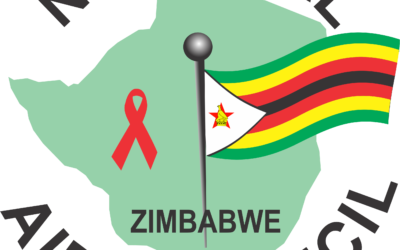
A SERIOUS foreign currency shortage is looming in Zimbabwe as tobacco production is expected to fall by at least 10% to 265 million kilogrammes this year. Tobacco is one of the country's main foreign currency earners.
It generated a record US$1,2 billion in 2023 from exports mostly to China. However, data obtained from the Tobacco Industry and Marketing Board (TIMB) showed that tobacco volumes had declined by 25,08% to 125,1 million kilogrammes as of Monday this week compared to the same period last year.
This decline is attributable to the El Niño-induced drought.
In terms of value, tobacco sales fell by 11,02% to US$445,3 million, despite the average price per kg's increase by 18,77% to US$3,56.
A total of 117,8 million kg of tobacco worth US$418,5 million were sold on the contract floors. In contrast, 7,3 million kg of tobacco worth US$26,8 million was delivered on the auction floors.
This year, the country expects to produce 265 million kg of tobacco, from a record harvest of 296 million last year.
The decline in tobacco sales and value will leave the country in a precarious position. The government needs foreign currency to buy drugs, pay workers and import grain, among other obligations.
The situation will be compounded by weak commodity prices, especially metal prices, which have been on a downward trend since April 2023 and remain depressed to date. This means that the Treasury will not get much foreign currency from mining and agriculture sectors. To bulletproof ourselves against these challenges, Zimbabwe should take value-addition and beneficiation seriously.
- Mavhunga puts DeMbare into Chibuku quarterfinals
- Bulls to charge into Zimbabwe gold stocks
- Ndiraya concerned as goals dry up
- Letters: How solar power is transforming African farms
Keep Reading
Vice-president Constantino Chiwenga last year revealed that Zimbabwe exports 98% of its tobacco in raw form, thus realising a paltry US$1 billion out of a possible US$15 billion that the golden leaf would potentially fetch on the global market. He pleaded with all participants in the value chain to work together to lead the transformation strategy through the TIMB.
That cannot be overemphasised as it is long overdue.
As the VP expounded, we want more tobacco products manufactured in Zimbabwe, taking over from international market brands.
The country should produce and process tobacco for export markets. We would like to commend TIMB for licencing cigarette maker Cavendish Lloyd to produce and process shisha tobacco.
However, we need more players who will produce various types of tobacco for the export market. For instance, these players can produce cigarettes, cigars, pipes, and chewing tobacco. Others include cigarillos or small cigars, e-cigarettes, snus or tobacco pouches, tobacco strips, orbs or other dissolvables, bidis, kreteks or clove cigars, dhoka, and hookah or water pipes. By producing these products, the country will be guaranteed of high returns as compared to exporting raw tobacco. This is what Anxious Masuka, the minister of Lands, Agriculture, Fisheries, Water and Rural Development, should be seized with. We should be deliberate in our approach and work with realistic timelines. Time is not on our side.
As things stand, the country is in a fix due to poor planning.






